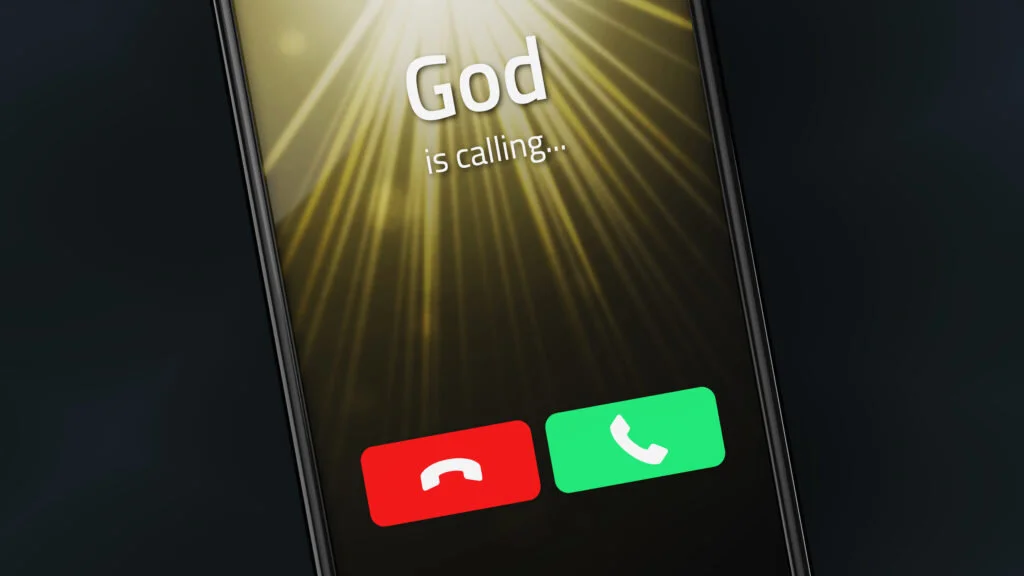At first glance, the original rules written to govern the Apple App Store seem to be simple, logical and easy to enforce.
After all, who wants one of the world's most powerful corporations to circulate digital forms of hate? Consider, for example, the guidelines governing "personal attacks" and "objectionable content."
The former rejects, "Any app that is defamatory, offensive, mean-spirited, or likely to place the targeted individual or group in harms way." This does not apply to humorists and satirists, of course. The "objectionable content" rule forbids, "Apps that are primarily designed to upset or disgust users."
The section on "religion, culture, and ethnicity" offers another variation on this theme, stating: "Apps containing references or commentary about a religious, cultural or ethnic group that are defamatory, offensive, mean-spirited or likely to expose the targeted group to harm or violence will be rejected."
The problem, of course, is that apps that gladden the hearts of gay mainline Protestants, Reform Jews and other doctrinal liberals will be deeply offensive to Southern Baptists, Orthodox Jews and other conservatives -- and vice versa. And one person's evangelism app may, by its very existence, be seen by those in other faiths as a tool for spiritual violence.
The bottom line: It's hard to produce products built on religious doctrine without offending someone. So do Apple leaders ban all of them or listen only to the religious voices they find the most sympathetic?
In recent years, media leaders have "increasingly bought into the idea of minimizing content that they view as potentially offensive," said Quentin Schultze of Calvin College, a media scholar who has been studying online religion for two decades.
"The larger and more influential the media outlets, the more likely they are to want to take the edges off, because they have the most to lose. ... It's the unique, unusual minority points of view that will keep getting clipped off, of course."
Back in the early 1990s, when Web browsers and email were foreign terms to ordinary Americans, Schultze began exploring the implications of online discourse and publishing for religious believers and their institutions. Soon this led to his trailblazing "The Internet for Christians" website -- a weblog-style project years before that term was coined -- and then a 1995 book with the same title.
The key, Schultze said during those heady days, was that the lower costs and accessibility of World Wide Web publishing would create a "somewhat level playing floor" allowing small, innovative ministries to compete, or cooperate, with larger religious institutions. During times of turmoil, for example, a dissident religious group's online publication could publish information and viewpoints that would be ignored in a major denomination's traditional ink-on-paper newspaper or by secular newspapers.
"Clearly, the Net is becoming a place for religious discourse that is being ignored in public media and isn't being allowed in the sanitized world of official church publications," he told me, in an "On Religion" column interview in 1996.
Decades later, it's hard to imagine what the marketplace of religious ideas and debates with be like without the legions of alternative voices and viewpoints found in the global religious blogosphere and in social media.
The problem, said Schultze, is that if powerful digital corporations -- think Apple, Google and Facebook -- insist on pushing religious voices out of the mainstream public square, the online result will almost certainly be even more strident rhetoric and propaganda on the fringes of public life.
"The wild, wild west of the Internet is still out there, but all too often what's being said out there is very narrow and self-fulfilling. That's where you have websites that just keep telling small groups of people want they want to hear, over and over, with little or no contact with other groups and other points of view," he said.
"But when the leaders of Apple endorse something, or reject something else, they are primarily worried about how that action will affect the reputation of their corporation, not whether their decision promotes a healthy diversity in our public discourse."
In tense atmosphere, he added, religion is a uniquely dangerous subject.
"The passion and the commitment that religious believers bring with them into public discourse is precisely what makes this subject seem so flammable and threatening and dangerous to people in places like Apple."






